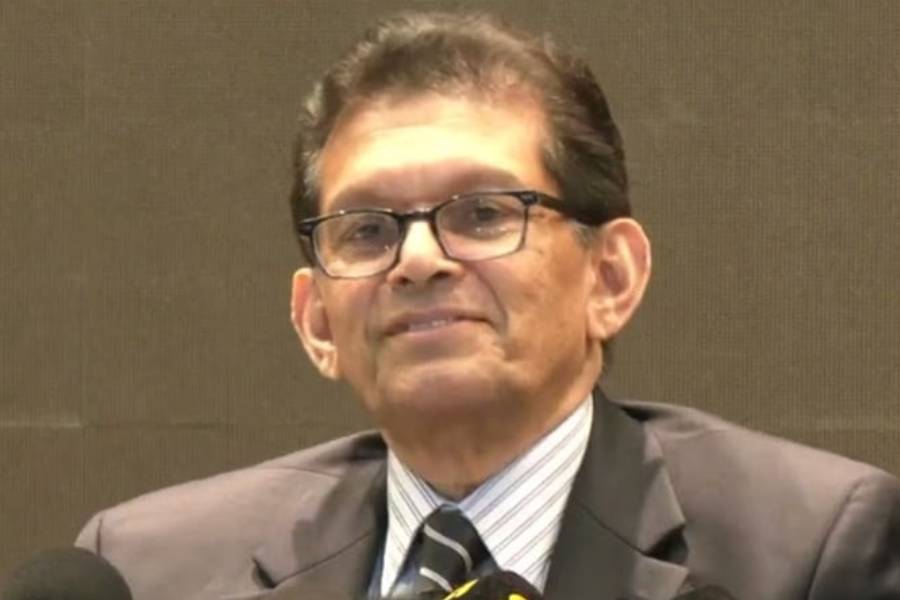BD calls for collective cybersecurity at Colombo Security Conclave
Region facing constant barrage of misinformation, disinformation: Dr Khalilur

Published :
Updated :

Bangladesh has urged member states of the Colombo Security Conclave (CSC) to accelerate collective action on cyberthreats, misinformation and regional security, warning that individual national measures are no longer sufficient to counter rapidly evolving digital risks.
Addressing the seventh meeting of National Security Advisers of the CSC in New Delhi on Wednesday, Bangladesh’s National Security Adviser Dr Khalilur Rahman said the region was facing a “constant barrage of misinformation and disinformation”, exacerbated by expanding digitalisation and the advent of artificial intelligence.
“Cybersecurity is thus a high priority in Bangladesh,” he said, stressing that safeguarding cyberspace and critical infrastructure had become central to national security.
Rahman thanked India’s National Security Adviser Ajit Doval for hosting the meeting and praised the CSC Secretariat’s report on its recent activities.
He said Bangladesh would continue to take part in CSC initiatives that align with the body’s core principles of sovereignty, equality, territorial integrity and non-interference.
The NSA highlighted Bangladesh’s contributions across the Conclave’s five areas of cooperation, including maritime safety, counter-piracy operations, combating transnational maritime crimes and counterterrorism.
Bangladesh, he said, has maintained a “zero-tolerance” policy towards terrorism in all forms and under all circumstances.
While noting the country’s ongoing efforts to secure its domestic cyberspace, Rahman argued that regional coordination had become indispensable.
“National actions are not enough,” he cautioned. “We need to articulate and implement our collective actions in facing up to the challenges of cybersecurity, misinformation and disinformation.”
Rahman called on CSC members to reaffirm commitment to mutual trust, respect and benefit-sharing, saying these principles were essential for navigating complex and interconnected security challenges in the Indian Ocean region.
He pledged Bangladesh’s readiness to work closely with partners to ensure a “stable, secure, peaceful and prosperous” regional environment and warned against allowing “exogenous or indigenous forces” to undermine collective well-being.
Looking ahead, the NSA said Bangladesh hoped the Conclave would “evolve into an open, inclusive regional multilateral organization, driven by a vision of open regionalism,” signalling Dhaka’s support for a broader and more cooperative security architecture.
The meeting brought together top security officials from CSC member and observer states as the region grapples with new and traditional security pressures—from maritime vulnerabilities to the weaponisation of digital platforms.


 For all latest news, follow The Financial Express Google News channel.
For all latest news, follow The Financial Express Google News channel.